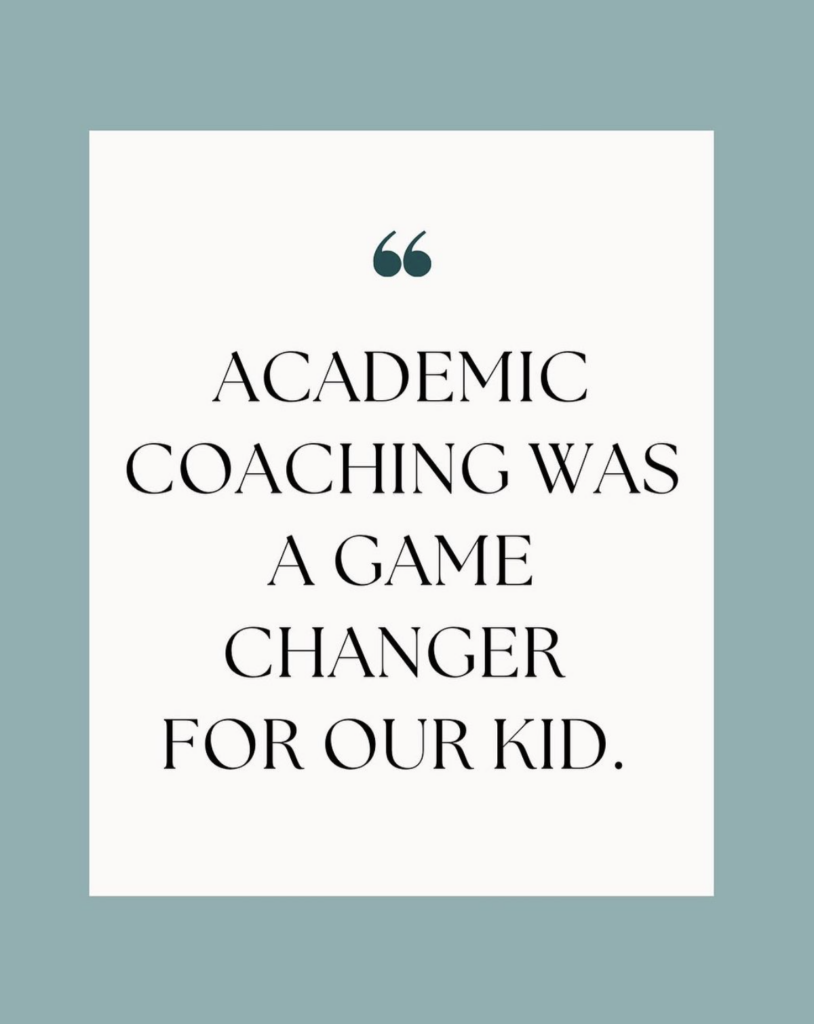5 Reasons Your Student Might Be Struggling Academically in College

For those of you who have already completed the emotional rollercoaster of college drop-off, you might be walking past your child’s now-empty bedroom at home.
The quietness that once felt strange is becoming the new normal. You’ve navigated the tricky puzzle of packing the car with all those boxes, some of which you suspect won’t see the light of day until Thanksgiving. In those first few weeks after the goodbye hugs, the house might feel a bit emptier, and you might start to wonder if your child is fully prepared for this new chapter.
Don’t worry, your hunch that there might be some struggles isn’t off-base. In fact, the jump from high school to college can be quite a leap for many students.
Let’s break it down and shed light on 5 reasons that can make even the brightest students stumble a bit:
1. Taking on Tougher Academics:
College classes ramp up the difficulty. Around 30% of college freshmen found the coursework more challenging than expected, according to the Higher Education Research Institute. This number goes even higher for those diving into STEM subjects.
2. Navigating Solo Learning:
College is all about self-driven learning, but not everyone’s a pro at it. The National Center for Education Statistics highlights that many students struggle with this transition. Many intelligent high school students are able to rely heavily on their natural ability to coast through high school. They did not have to develop effective study habits, and as a result, they may find themselves unprepared to handle the higher academic demands.
3. Sharpening Critical Thinking:
The skills needed for success in college extend beyond cramming facts. It’s about thinking on your feet and solving problems like pro. According to a survey conducted by the Association of American Colleges and Universities, over 90% of employers prioritize critical thinking, problem-solving, and communication skills. Sometimes, high school students might not have honed these skills as much as college demands.
4. Taming Time Management:
College freedom is a double-edged sword. A study published in the Journal of College Reading and Learning found that nearly 80% of college students struggled with time management. In high school, structured schedules are common, which can hinder the development of the time-management skills needed in college.
5. Embracing Responsibility:
College signals a shift from parental oversight to personal responsibility. It’s like taking off the training wheels. This change can be tough for students used to the structured high school environment, where parents and teachers provide guidance.
You can help unlock your student’s full potential.
Now, instead of feeling overwhelmed by these challenges, let’s explore some effective strategies that can make a positive difference for your child’s college journey.
Top Tips to Guide Your Student’s Journey:
1. Create a Supportive Environment: Your unwavering support and understanding will play a pivotal role in your student’s resilience and motivation.
2️. Foster Resilience and Adaptability: Encourage your student to embrace challenges and view setbacks as opportunities for growth. College is a period of significant transition and change for students.
Those who demonstrate higher levels of adaptability are more likely to experience personal growth, develop effective problem-solving skills, and adjust well to new environments.
3️. Seek Academic Support: Connecting your college student with personalized academic support services can significantly enhance their learning experience and boost overall academic performance.
Guiding your student to identify their specific academic needs is a crucial first step in finding the right resources that will best support their learning goals.
Your student can access a wealth of support options, including Professors, Tutors, Academic Coaches, study groups, and writing centers, all dedicated to helping them thrive in their studies.
We are here to help!
The team at Your Academic Coach genuinely believes that every student has unique talents and abilities waiting to be unlocked, and with the right guidance and support, they can achieve greatness! We’ve seen it time and time again. If you have concerns about your student’s academic performance and want to learn more about how we can offer support in person and/or virtually, let’s set up a call to chat! |